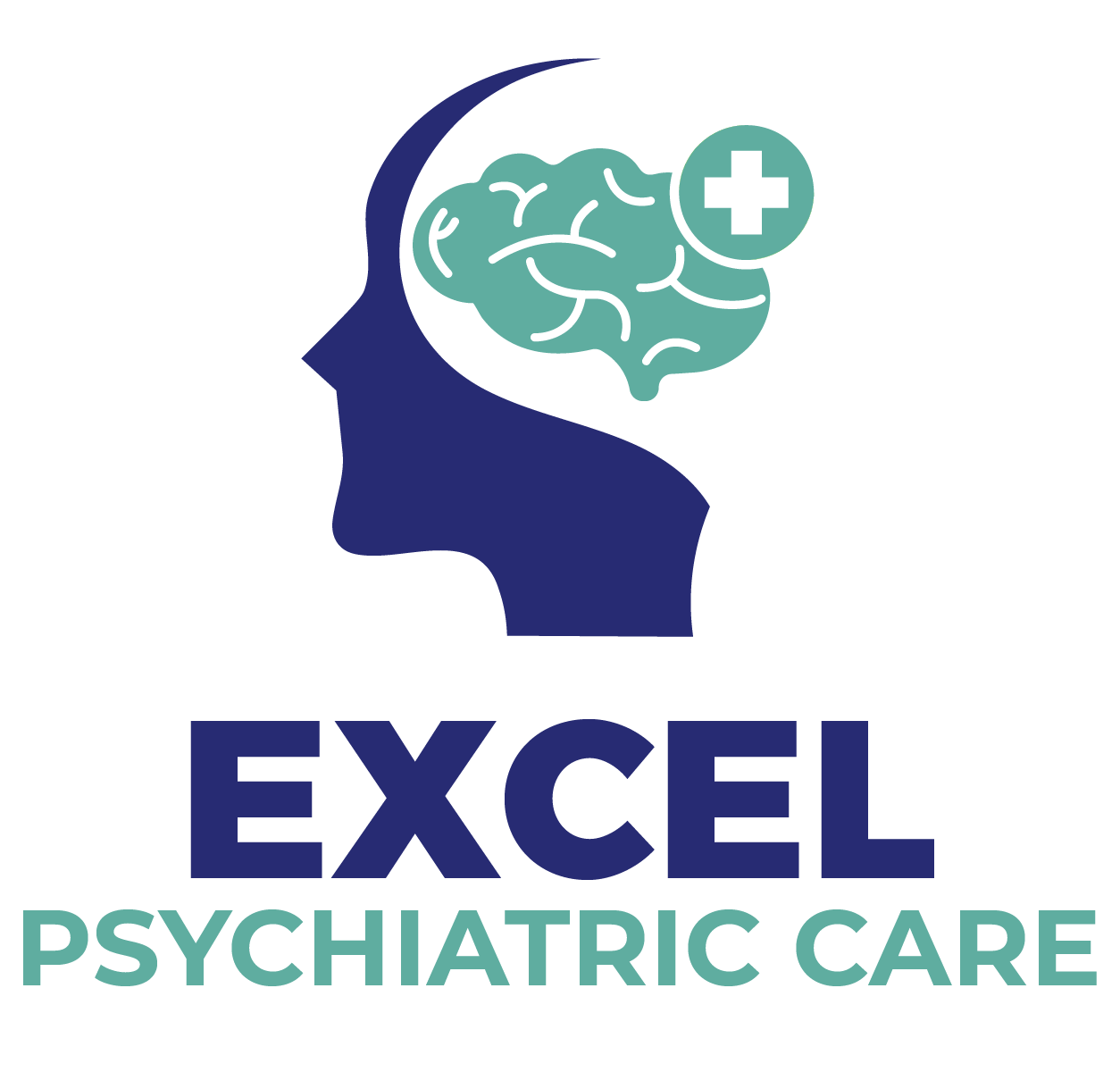You can trust us because we have proven experience of working with many clients. Our professional therapists come from highly known universities, and they have years of lab experience. Therefore, we can assure you that no matter what type of treatment you need, we’ll be your complete guide and helper in everything that you deserve to live an excellent and happy lifestyle!
FAQ
Is TMS Effective?
Yes, Transcranial Magnetic Stimulation (TMS) can be an effective treatment for a number of mental health issues, including depression, anxiety, and OCD. Studies have shown that TMS can provide a safe and non-invasive way to address symptoms associated with these issues and may be helpful in reducing feelings of hopelessness and improving mood and overall well-being. Of course, as with any medical treatment, the best way to determine if TMS is right for you is to talk to your healthcare provider. They can help you weigh the risks and benefits to make an informed decision.
Who is not a good candidate for TMS?
You may not be a candidate for TMS if You have implants controlled by physiological signals. This includes pacemakers, implantable cardioverter defibrillators (ICDs), and vagus nerve stimulators (VNS). You are at high risk such as those with epilepsy, a history of head injury, or other serious neurologic issues.
What is the success rate of TMS therapy?
Approximately 50% to 60% of people with depression who have tried and failed to receive benefit from medications experience a clinically meaningful response with TMS. About one-third of these individuals experience a full remission, meaning that their symptoms go away completely.
When do you start feeling better with TMS?
TMS therapy usually takes a few weeks before results are noticeable. This varies for each person, just as results vary with other treatment types. Some patients notice benefits sooner, after just a couple of weeks of treatment, while it takes four to five weeks for others to notice results.
What is the most common side effect associated with TMS therapy?
Most TMS patients experience no side effects, but some do report mild headaches or tingling sensations in the jaw, face, or scalp. These side effects generally subside within a couple of weeks of treatment completion. Most patients who experience these side effects find them mild and tolerable enough to complete their treatment without interruption.
Does TMS hurt?
TMS is generally pain-free. Some patients report sensations that take getting used to, such as the sensation of tapping on the scalp. This is caused by the magnetic pulses, as there is no object that taps against the scalp during the treatment. Other sensations include a mild twitching around the facial or eye area during treatment, though this subsides immediately after the session has ended. Overall, the discomfort involved with TMS therapy is minimal.

